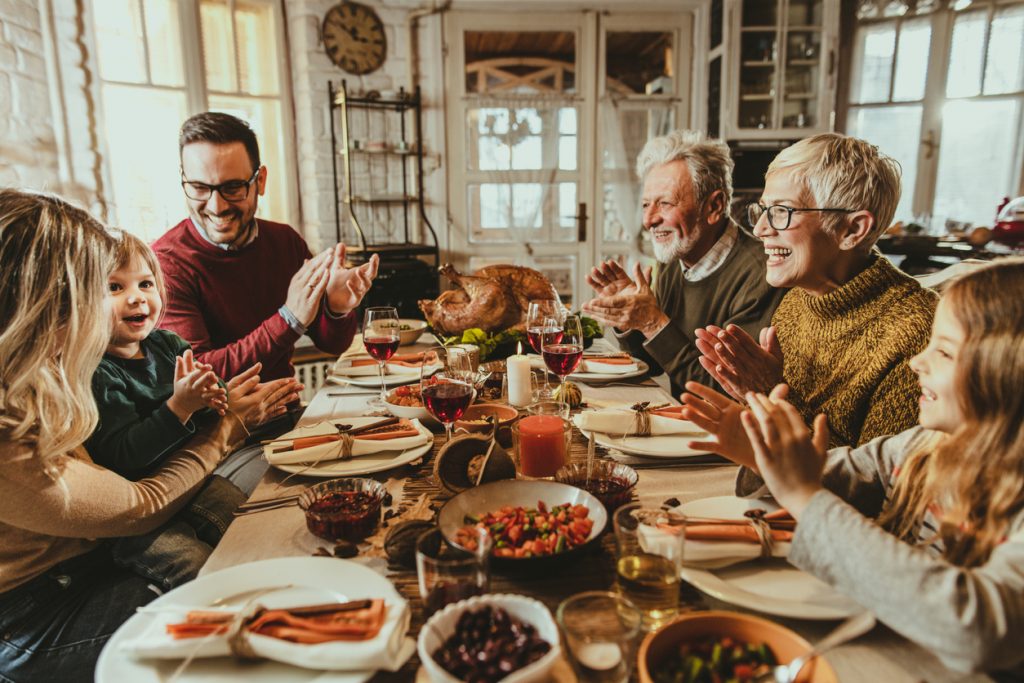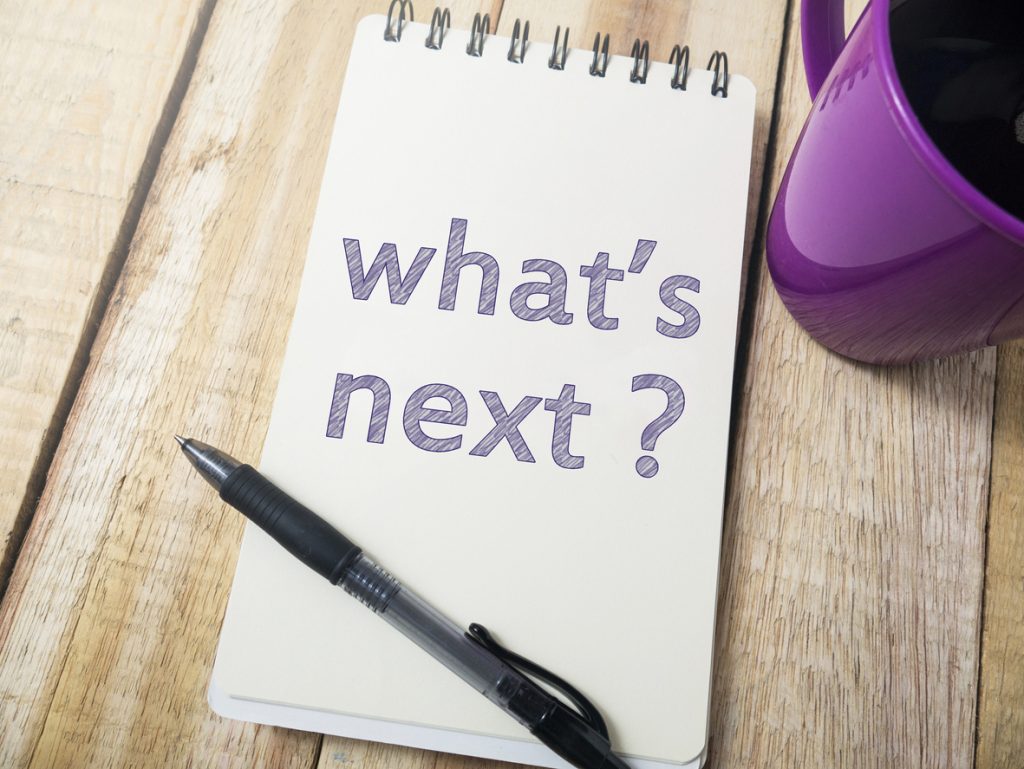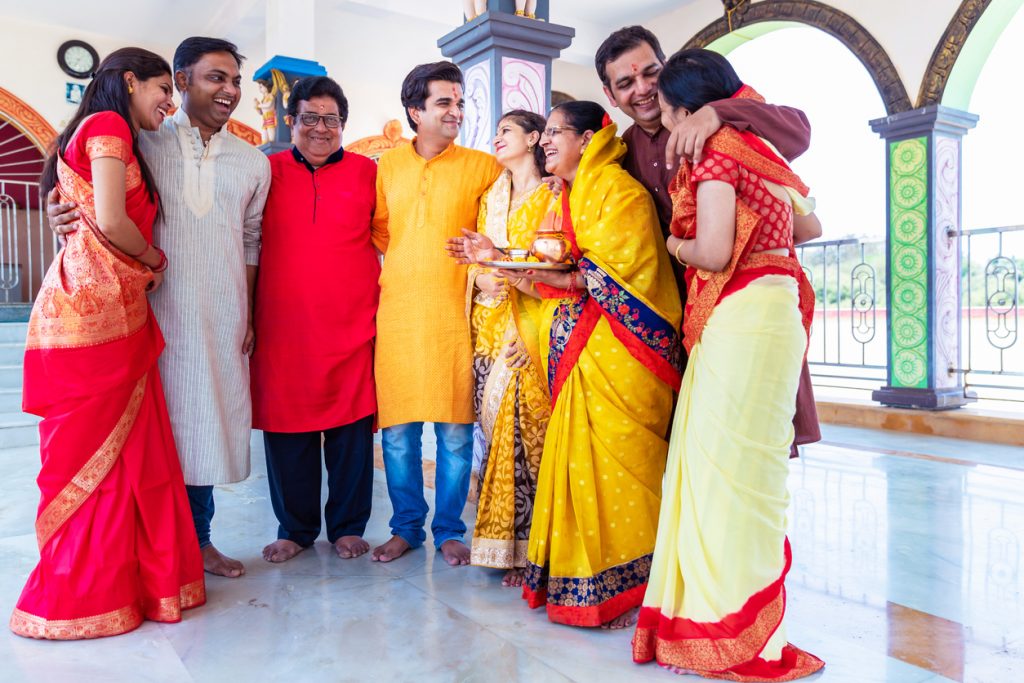To my lovely English partner “tradition” is roast beef and Yorkshire pud for Sunday lunch, but I’m Scottish and that was never a tradition in our house. This makes me somewhat aberrant and radical in his eyes. What are we to do stick with tradition or embrace change?

To my late father, putting carrots in a cake was equally heretical and to my elderly mother, it was same-sex couples holding hands in public. Not that she distanced herself from the individuals, many of whom were my friends and made very welcome in her home. She just couldn’t get her head around their lifestyle being mainstream, as it wasn’t so “in her day”.
Then only this week I had a discussion with an intelligent and well-traveled friend who described another ethnic group’s food preferences as “disgusting”. He wasn’t remotely persuaded that some of his own tastes probably wouldn’t cross regional boundaries, never mind continents.
It’s tradition, I hear people say – which rather means it’s sacrosanct. A pillar of an individual or family’s heritage and something which has always been solid, reliable and true – at least to them.
Fiddler on the Roof
It’s an old film now (1971), but when in Fiddler on the Roof, Tevye sings a rousing number called “Tradition”, his indignation at a rapidly changing world is very clear.
For anyone who knows the film, you’ll recognise that good things and bad come from changing traditions, before Tevye ultimately accepts both, with huge dignity and no small sense of loss.
Every generation, and practically every individual, has a different frame of reference, hence tradition to one person is nonsense to another. And in our fast-moving world, the loss of “tradition” can sometimes feel like anarchy.
To embrace change and differences can seem confusing and disorientating; something to be resisted, if only for the sake of our own peace of mind.
Does intolerance grow with age?

Older people are often criticised for being reluctant to accept change but those of us who have lived fifty years or more find ourselves pushed to the very front line of changing social mores. We may be old enough and wise enough to know that nothing stays the same, but young enough to think that if it ain’t broke, why fix it?
Certainly when I was in my teens and twenties, I used to think that my elders were fuddy-duddy and stuck in the mud since they didn’t enjoy the same things I did, and vice versa.
Now that my own kids are in their twenties, I am bemused by their lack of interest in putting down roots, buying property, getting married and having kids; staying in the one place with the one person, with at least an expectation of permanency.
It makes me want to nag, to wheedle and to advise – yet I can do none of these without sounding like “my” generation got things right and had all the right answers.
Like there is only one way to live life when there clearly is not.
I believe that my parents’ and my generation have lived in one of the most fortunate periods on the planet; immediately following two catastrophic world wars and coinciding with a period of prolonged prosperity and social freedom, growth of technology and access to good, free healthcare (at least in the UK).
More of us than ever embrace change and were able to go to University and to enjoy social mobility. It still couldn’t make all people equal, but it certainly leveled the playing field for a vastly larger number.
So we brought up our kids to believe that anything was possible – and boy, did they take us at our word.
Dive in a little deeper read Bridging Generational Differences to Achieve Success and Growth
Change is the only constant

Big concepts like gender-fluidity, social media (read how social media has changed us), and artificial intelligence are just some of the sweeping changes of recent years. Hugely different things to get your head around, which challenge even the biggies like philosophy, religion, and society itself.
At its fullest extent, people believe they can be anything they want to be and do anything they want to do, – except of course that many can’t. There’s health, and wealth and geography in the way for starters.
Or to slightly misquote Orwell, “All animals may be equal but some are more equal than others.” The reality is we will probably never all have the same experiences and opportunities on which to build universal belief systems and traditions.
Ironically, the current social focus on individuality depends on the tacit acceptance of wider society, not only to support and facilitate but not to legislate against, hold prejudice against or take action against.
This is where it gets tricky to embrace change, as the inevitable boundaries of how and where that is workable remain unclear, not to mention fluid.
Each generation has its own idea of “normality”, which reflects their own formative years. (That’s everything from hairstyles to music, promiscuity, and politics). But where each individual firmly believes they have the right for “their way” to be respected, you have created more than just a generational gap – you have created one hang of a management challenge.
Sadly, history suggests that in similar situations, a kickback begins where a few strongmen, or women, provide a definite lead that others choose to group around – if only for safety in numbers and to reinforce their own world view. – That their traditions are the “right” ones.
They want to shut down others’ freedoms and that’s when belief systems collide and provide a source for conflict.
Ironically, an abundance of choice also makes it harder to form any co-ordinated opposition. Where people do not share a common agreement, it’s much harder to organise a counter-weight to a growing social swell.
And when the expectation of total freedom becomes vulnerable to abuse by bullies, money or muscle, then freedom itself is the victim.
Tradition vs values

You’ll have guessed by now that I have a degree of skepticism about tradition since it can be as divisive as it can be unifying.
Nor do I subscribe to the view that age is a common denominator for becoming resistant to change. To me, that’s more likely to come down to experience and the fact that we all know best what we know best. We just don’t all know or believe the same things.
So it’s not sharing traditions which will bring us closer but a common appreciation of values.
If through all our differences, different experiences, different dinners, different clothes, different politics, and different generations, we strive to maintain values of tolerance, patience, understanding, and kindness, then we can live more happily, differently, together.
These are the things which help us manage change – better than any pointless wish that we could all be the same, or that the way we live should stay the same over time.
These are also the things which we need to reinforce in every generation, to help navigate the very constancy of change.
We all know that today’s young people are tomorrow’s parents and, in time, the older generation themselves. It’s unimaginable when we are young but it’s no less inevitable. Their future challenges will flow from the very changes they are making to the “old” world order now, even as they morph into the older generation themselves.
So let’s not stress over differences in lifestyle or beliefs. It’s not traditions but values which stop differences becoming things to fight over. Then it becomes easy to stick with values and in turn embrace change.







